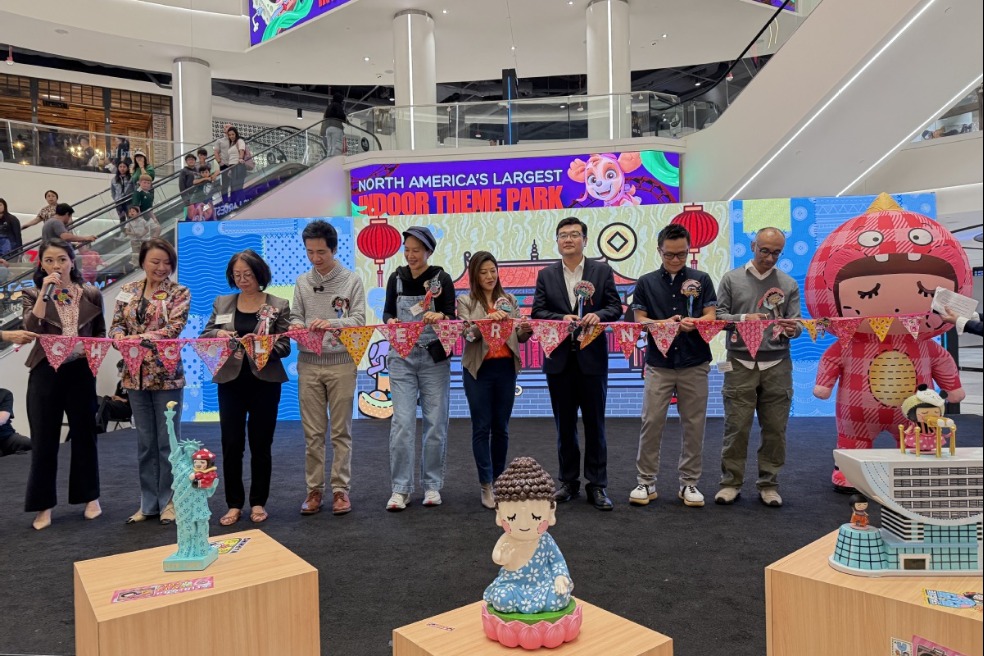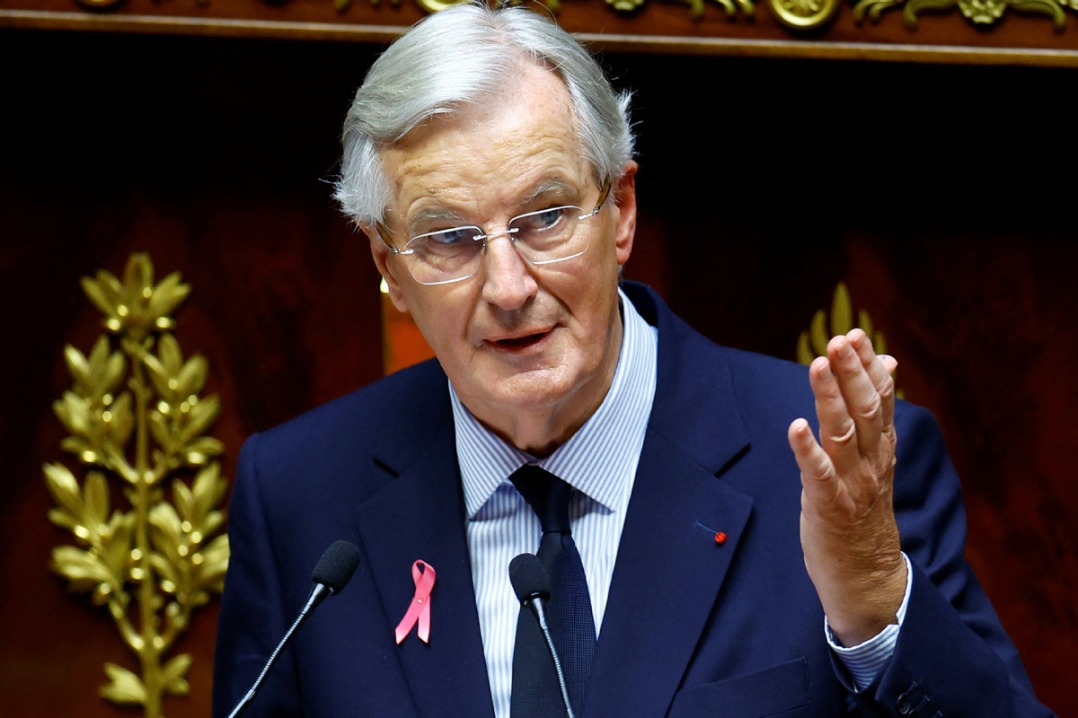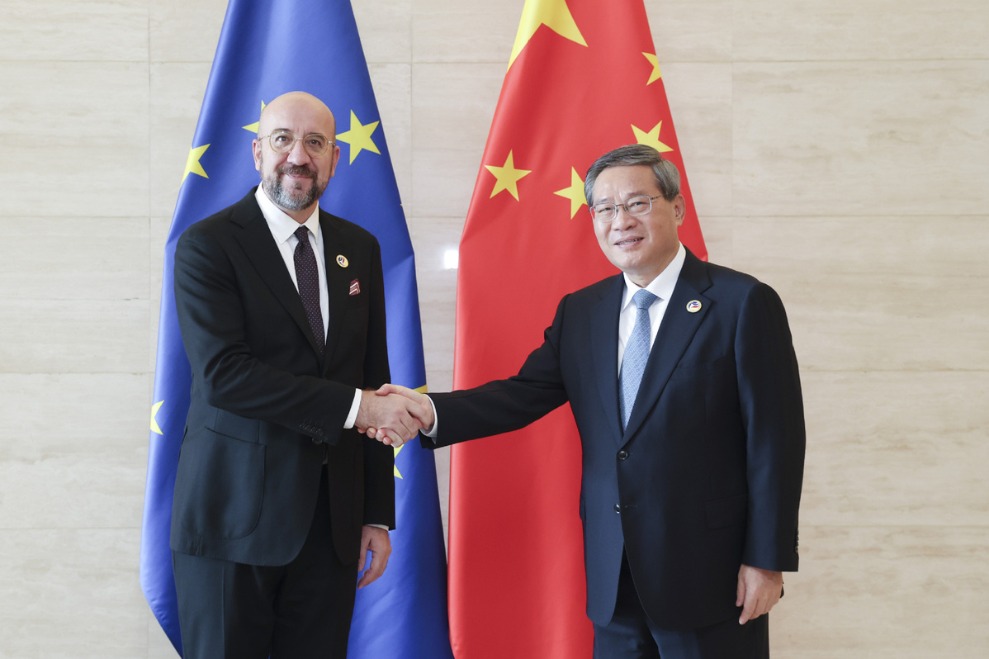Hawke, a visionary leader who gave Australia a strong voice


Since the death of former Australian prime minister Bob Hawke on May 16, much has been written about his impact on Australia, its economy and its politics. He was a man of the people who was as comfortable having a drink in a crowded public bar as he was rubbing shoulders with the rich and famous.
I believe he was also a man of great vision and understanding not just about the issues impacting on Australia and its people but on issues that affected the wider international community and, in particular, Asia and China.
One of Australia's longest serving prime ministers, in office from 1983-1991, he was instrumental in giving Australia a voice and a presence on the international stage.
Both he and his treasurer, Paul Keating, saw Australia's future in Asia and set about building on what Gough Whitlam had started when he served as prime minister in the 1970s.
Hawke saw China as the key not only for Australia's economic wellbeing but for the region's growth and development.
He was a great admirer of the late Chinese leader Deng Xiaoping and his reform policies, which paved the way for China's opening and modernization.
In The Hawke Memoirs, published in 1994, he wrote: "Deng had a clear perception of the need for fundamental economic reform if China was to maximize its opportunities for growth. And he understood that if the necessary moves toward a market economy were to succeed, then China had to open up to the rest of the world, both to obtain the required capital and technology, and to have access to markets which could absorb China's expanded productive capacity."
In February 1984, Hawke visited China for the first time as prime minister.
Hawke built up a close relationship with China's leadership during his time in office and many of those relationships carried on well after he had left office and politics.
I remember talking to him in Hong Kong just before the Boao Forum for Asia was inaugurated on February 2001.
"We already had Davos," he told me. "But the real action is taking place here … here in Asia and China is leading it. Why not have our own meeting with China at the center where we can promote the values and achievements of Asia and China?"
Since those early days, Boao has grown into an annual international forum with as much depth and clout as Davos and is growing each year.
Hawke was also behind the setting up of the Asia-Pacific Economic Cooperation forum in 1989. It grew out of the frustration many countries were feeling from the US-European trade war at the time and the enormous impact it was having on Asia.
Perhaps the biggest achievement in the Australia-China relationship during the Hawke years as prime minister was the integration of the Chinese and Australian steel industries. At the time, no one thought it would work, but Hawke never gave up on it.
While diplomacy was playing its part in strengthening the relationship, so too did trade. Between 1984 and 1985 Australia's exports to China grew by 73.4 percent, exceeding A $1 billion ($692 million) for the first time. Within a year, China went from being Australia's 10th-largest export market to fifth. Today it is Australia's biggest.
China is still an important partner for Australia and much of it is down to the vision of Hawke and Whitlam who went before him.
The author is China Daily's correspondent based in Sydney.
































